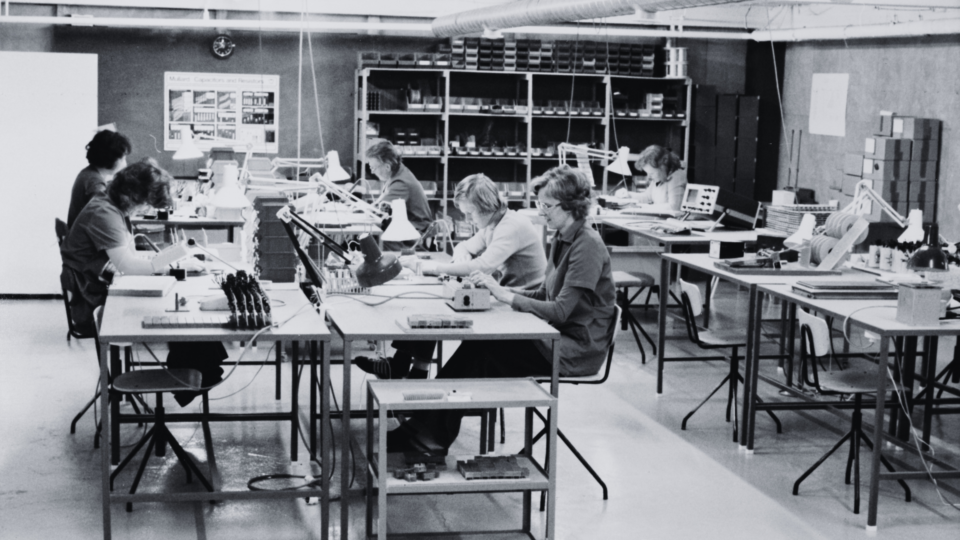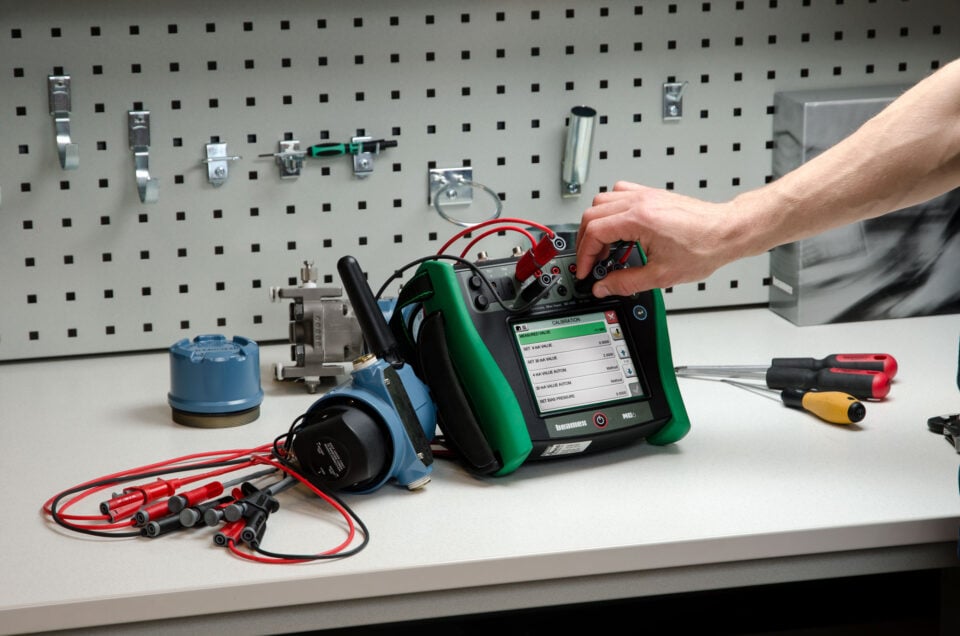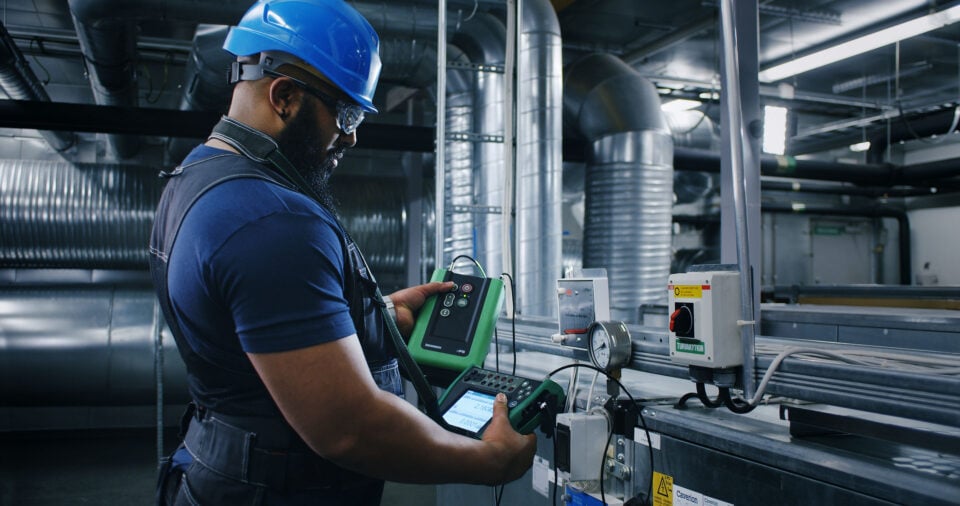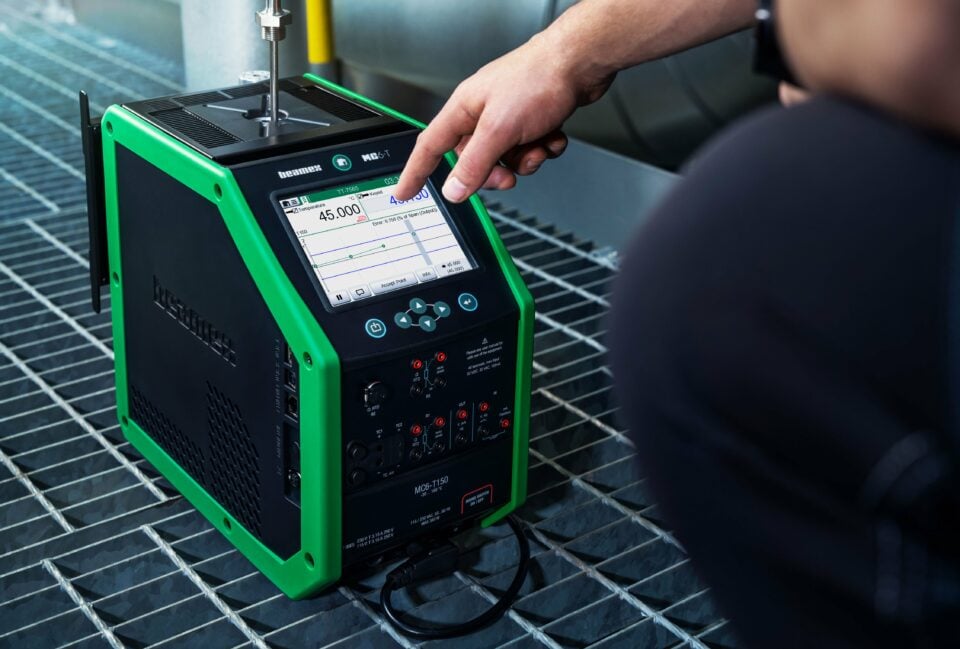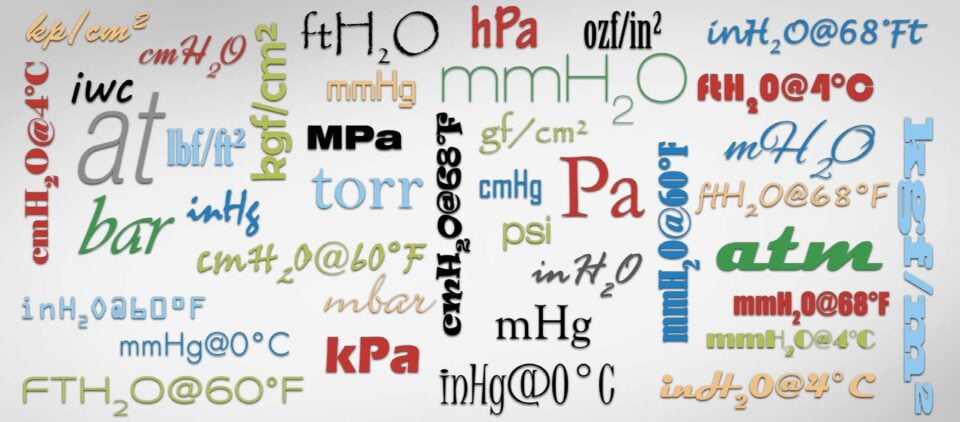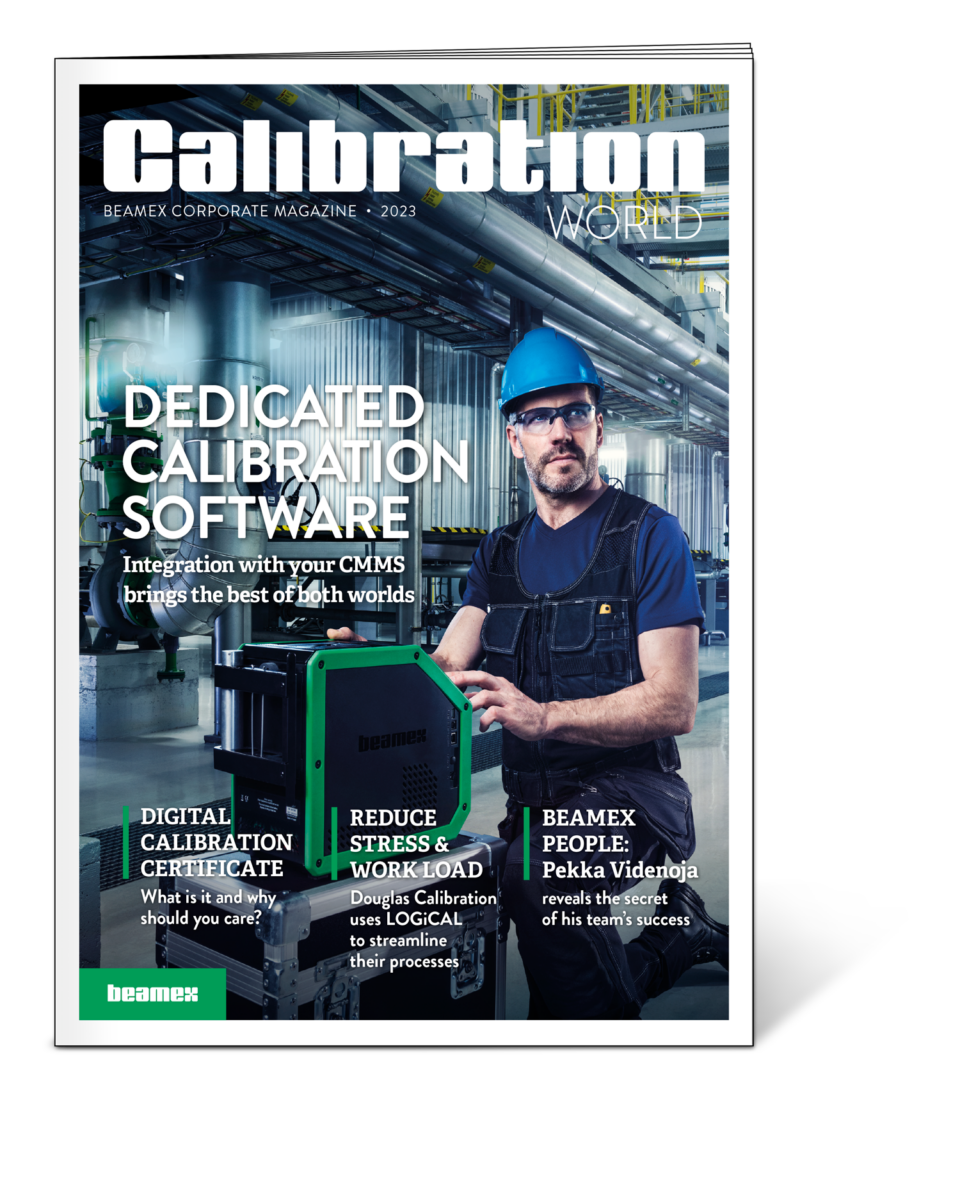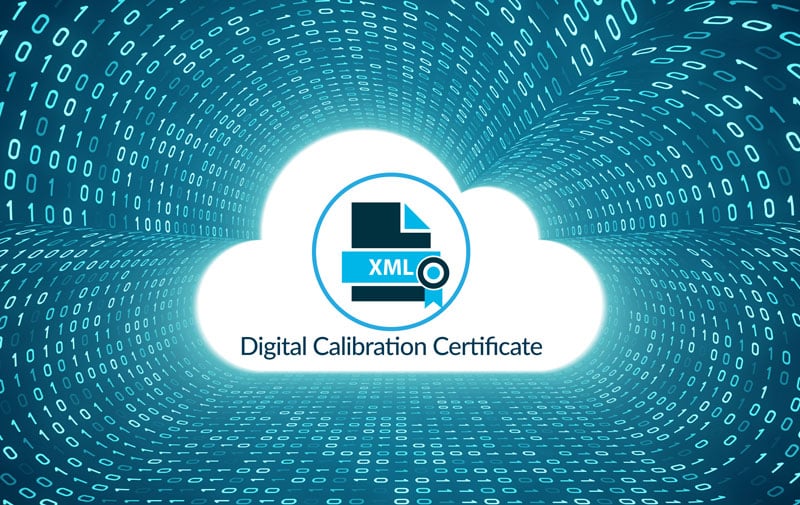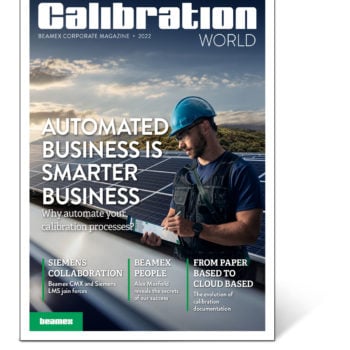
Beamex article
Tackling Challenges in the Pharmaceutical Industry Through Digitalization
Patient safety and ensuring compliance with regulations including FDA Current Good Manufacturing Practice (CGMP) and 21 CFR part 11 are the top priorities in the pharmaceutical industry. The industry is also facing a range of other issues, including the need to ensure data integrity, improve business efficiency, and enhance sustainability. “Pharmaceutical companies are increasingly turning towards digitalization solutions to deal with a whole host of critical challenges,” says Sami Koskinen, Director, Digital Transformation at Beamex.
A focus on safety
In pharmaceutical manufacturing it’s essential that strict safety guidelines and regulations are followed and that manufacturing processes are consistent and reliable. This safeguards product purity and ensures the highest possible end-product quality, which is vital to protecting patient safety. Properly maintained and calibrated equipment is also important for ensuring employee safety at production facilities – ensuring properly calibrated pressure sensors on reactors, for example. Digital calibration makes it easy to check equipment is within tolerances and track performance over time, enabling targeted maintenance when needed.
The need for compliance
Compliance with regulations is key to the safe and efficient production of pharmaceuticals. In addition to safety, there is a compelling business reason to ensure compliance as a production facility can be shut down for being non-compliant. A large production facility has thousands of instruments potentially undergoing hundreds of thousands of calibrations per year. When this process uses paper calibration certificates, it not only creates a mountain of paperwork – it also means that the risk of human error is always present. Paper also makes audits time consuming and complex. Digitalizing the whole process eliminates the possibility for human error and makes audits easier.
Improved data integrity
Data integrity, the assurance of data accuracy over its lifecycle, is extremely important for both patient safety and compliance, and paper-based systems often fall short in this regard. Paper gets lost or data can be mistyped when entered manually into digital systems. For this reason, whenever there is a step that requires manual data entry, the “four eyes” principle is in use, where a second person checks that data input has been performed correctly. This of course requires more resources and thus reduces efficiency. Digitalization and smart calibrators ensure that results are sent automatically to a centralized system, removing the need for manual data input and an extra pair of eyes.
Increased business efficiency
Currently, a large amount of useful data is locked up in a difficult-to-use and fragmented format: paper certificates in binders. When digitalized, this data becomes easily searchable and can be analyzed to track trends and identify areas for improvement. For example, with digitalized data stored in a central repository, performance comparisons between shifts or across different production facilities can be used to establish benchmarks and focus improvement efforts.
Better sustainability
There is a growing trend towards sustainable business practices, and the pharmaceutical industry is no exception. To take just one example, worries about the amount of wastewater generated by chemical processes and how to treat it has led to the growth of single-use sensors that don’t require washing and are thus more environmentally friendly. Single-use sensors require calibration before and after use to ensure that the sensor has performed correctly. A digitalized system makes it easier to track performance and ensure all calibrators are in tolerance.
How Beamex can help with these challenges
Beamex offers pharmaceutical manufacturers a calibration solution that complies with stringent industry regulations while delivering productivity gains and improving data integrity and quality standards. Beamex’s integrated calibration solution combines calibrators, software, expertise, and industry knowledge to deliver an automated and paperless flow of calibration data.
The benefits of such a system are reduced errors, increased safety, improved efficiency, and the ability to gather and easily analyze data to improve business efficiency – while still ensuring compliance. “Many of the top pharmaceutical companies already rely on Beamex calibration solutions,” says Sami. “We’re continuing to develop our solutions and explore new technologies so that we can find even more concrete benefits for our customers.”

Automated calibration processes in the pharmaceutical industry
Read this White Paper to learn more about automated calibration solutions and their implementation in the pharmaceutical industry.

